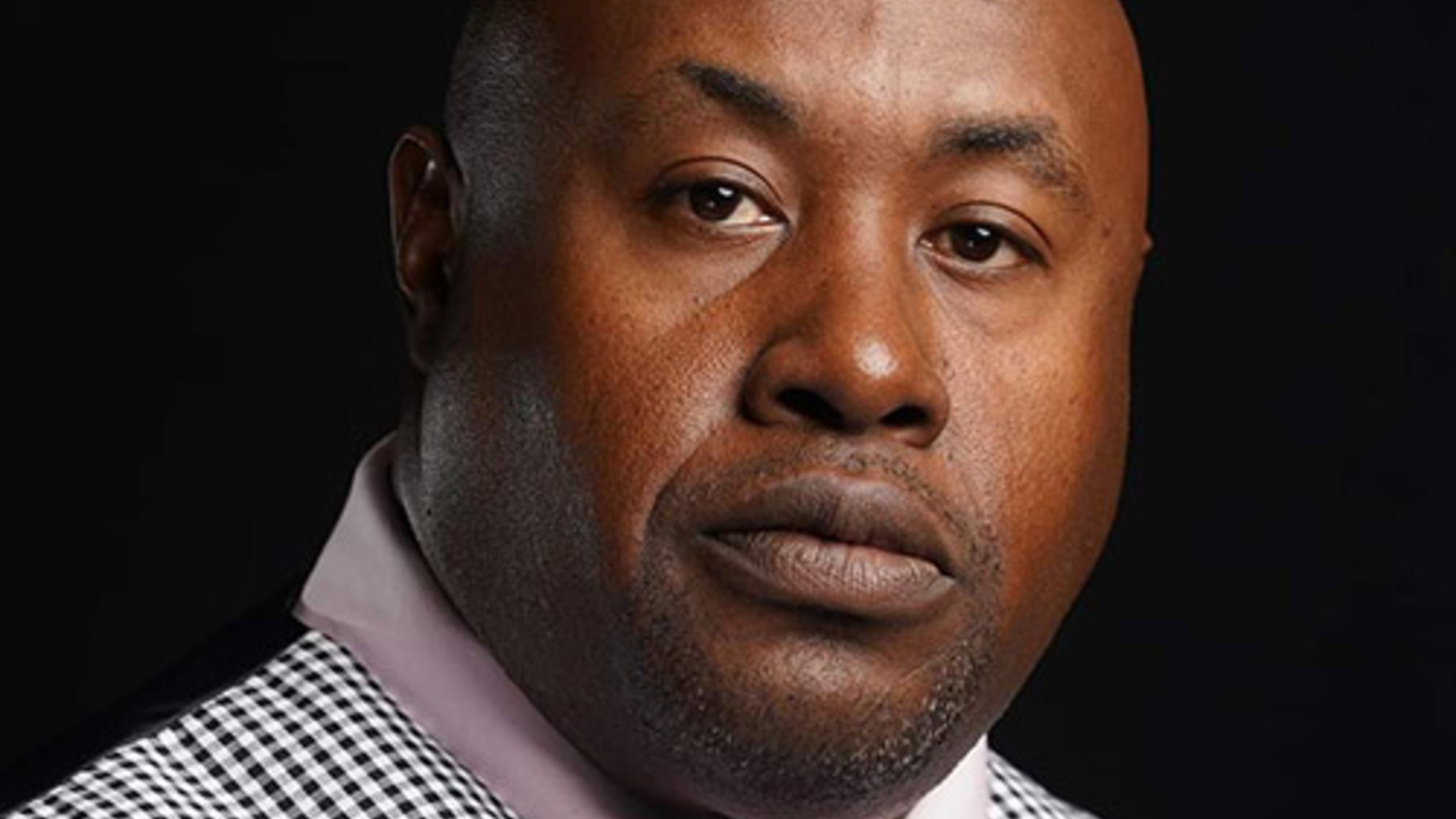
The two-day conference at the College will focus on building strategies for economic inclusion that benefit everyone.
“We talk about there being a labor shortage in America and we talk about getting good health or great help in the workforce, but we still hold criminal convictions over the heads of the formerly incarcerated. There are so many people who want to make a (living) wage, but there are so many obstacles to getting that job they need.”
The U.S. economy continues to grow, but help-wanted signs that keep popping up in store windows in Greensboro and across the country tell a different story.
With millions of jobs going unfilled each month, Victor Vincent ’11 says it’s clear that the strong economy isn’t working for everyone. He says an entire population of our labor force has been overlooked and undermined: the 77 million Americans with a criminal record.
Victor spent years in and out of jail in Maryland before graduating as an adult student from Guilford with a degree in Criminal Justice. At this week’s Guilford Dialogues, which focuses on building strategies for economic inclusion, he will share his story and those of other men and women like him who are looking for work or better jobs..
Victor is a healthcare worker and the founder and director of Victor M. Vincent Jr. The Reentry Expert Inc., a nonprofit whose mission is to assist the transition of offenders back into the world after serving their time. He says because of stigma and misguided laws from the “tough-on-crime” era, job seekers with criminal records — no matter how old the offense — face numerous hurdles to being hired.
“In many ways the deck is stacked against you,” says Victor. “We talk about there being a labor shortage in America and we talk about getting good health or great help in the workforce, but we still hold criminal convictions over the heads of the formerly incarcerated. There are so many people who want to make a (living) wage, but there are so many obstacles to getting that job they need.”
Victor says an inclusive economy means serving all individuals. He adds that men and women with records are not looking for a handout. “They are ready to work as hard as the next applicant if not harder,” he says. “That’s a situation where everyone wins.”
The N.C. Justice Center estimates there are 2 million people in North Carolina with a criminal record, with many facing serious barriers when applying for a job or an occupational license.
The N.C. General Assembly overwhelmingly passed a bill in 2019 which opens up opportunities for qualified people with criminal records to obtain an occupational license, but Victor says the state can’t legislate the hearts and minds of business leaders. “We need to stop thinking of people like me as problems when, really, we can be an asset to businesses and a community.”
Guilford College will return to the theme of economic inclusion at the third annual Guilford Dialogues June 6-7 at the College. Researchers, practitioners and policy makers from across the country along with local residents will take part in a series of conversations exploring strategies to foster inclusion, and where everyone can learn from one another.
Attendance to Guilford Dialogues is capped at between 150 and 200 to promote more discussions and less lectures. Interested attendees can register here through June 5.

